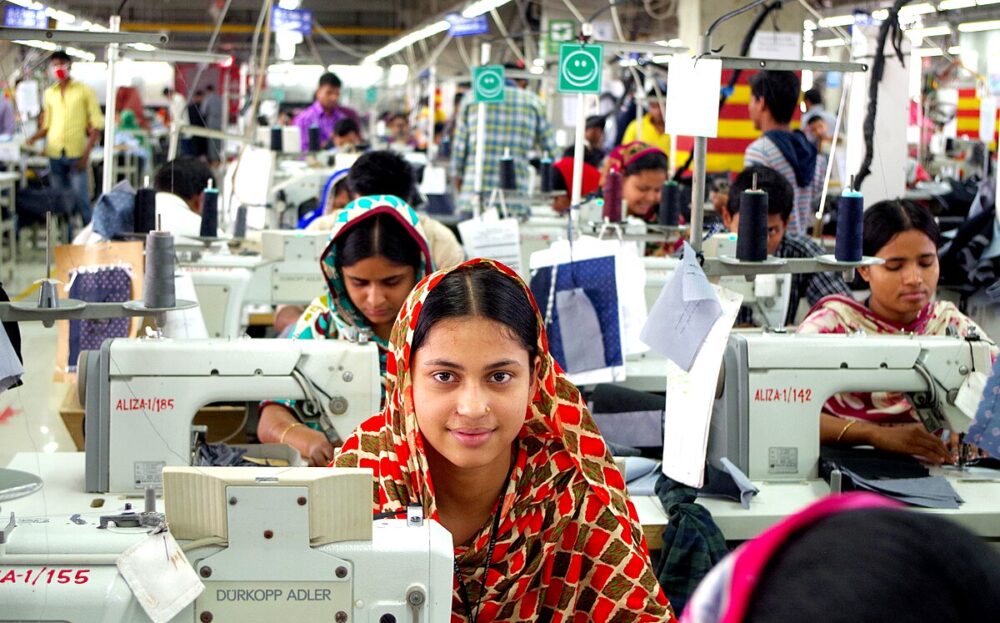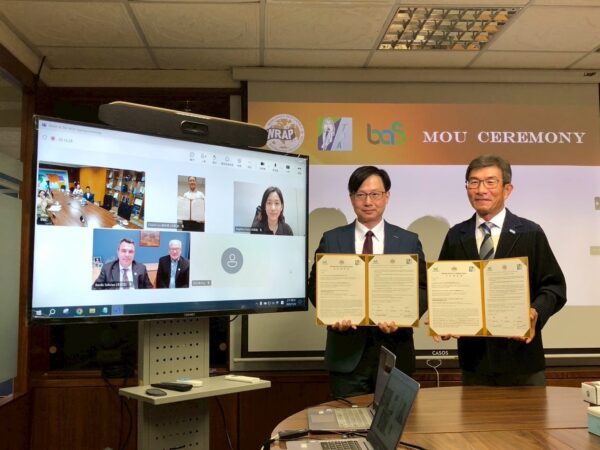Workers thrive when their voices are heard. That’s why Tự do Hiệp hội và Thương lượng Tập thể stand as a cornerstone of Worldwide Responsible Accredited Production (WRAP)’s 12 nguyên tắc. This fundamental right ensures that workers can organize, express concerns, and negotiate for better conditions—without fear of retaliation. When workers are empowered to speak openly, facilities operate more smoothly, responsibly, and sustainably.
Freedom of Association is far more than an item on an audit checklist. It represents a foundation of trust between workers and management. When workers are free to join unions or committees of their choosing, they gain the confidence to raise issues constructively. This openness helps facilities reduce operational risks before they escalate, prevent conflicts by addressing concerns early, strengthen relationships between management and the workforce, and build a culture of transparency and shared responsibility.
Many factories already recognize these benefits. However, some continue to struggle—not because they oppose the idea, but because they are unsure what true worker representation looks like in practice. WRAP’s role is to provide clear guidance that enables facilities to support worker rights respectfully and effectively.
As a Senior Auditor, I have witnessed how essential this principle is across different factory environments. It not only supports compliance during assessments, but it also fosters communication, builds mutual respect, and contributes to a more productive overall workplace culture.
During an audit in Dhaka, I met a newly established participation committee. At first, the workers were unsure if management would support their involvement. Their hesitation was understandable; formal representation was a new concept for them. However, with ongoing internal training and constructive dialogue, both workers and management began to recognize the value of the committee. One worker shared that the committee allowed them to raise issues—such as canteen cleanliness and overtime distribution—more confidently. Management also expressed that concerns were now better organized and easier to resolve.
This experience highlighted something important: freedom of association is not just a compliance requirement; it is a tool that improves communication, dignity, and shared progress within a facility.
Freedom of Association and Collective Bargaining strengthen fairness, stability, and long-term productivity across the global supply chain. When facilities embrace this principle, they create environments where workers and management can grow together.
Royeda Siddique is the Senior Auditor, Compliance Assurance located in WRAP’s Dhaka office in Bangladesh. She has worked with WRAP for more than eight years.




